
🦻 Hearing Loss: What Really Causes It — And What You Can Do
You might notice yourself asking people to repeat what they said.
You turn the TV up a little louder than usual.
You miss the gentle ring of a doorbell or the faint chirping of birds outside.
Hearing loss rarely arrives dramatically.
It doesn’t begin with pain — it begins with absence.
And while it’s incredibly common — affecting nearly one in three adults over age 65 — it’s also something many people ignore until it becomes impossible to overlook.
Here’s the truth:
👉 Most hearing loss cannot be reversed through “miracle drops,” supplements, or home remedies.
But a large portion of it can be managed, slowed, or improved — if you understand what’s actually happening inside the ear.
So let’s break down the real causes of hearing loss, separate facts from popular myths, and look at the proven steps that truly help.
Because real healing has nothing to do with magic.
It begins with awareness — and with listening, even when silence starts to take over.
🔍 What Really Causes Hearing Loss?
Not all hearing loss is the same.
Some types are temporary and treatable, while others are permanent and need long-term support.
Understanding where the problem comes from is the key to protecting your hearing.
1. Age-Related Hearing Loss (Presbycusis)
-
Caused by the gradual aging of inner ear structures
-
Typically affects high-pitched sounds first (children’s voices, birds, soft consonants)
-
Often influenced by genetics
-
Progresses slowly, making it easy to miss early signs
🩺 It’s not reversible, but it’s highly manageable with hearing aids, assistive devices, and early monitoring.
Many people regain clarity and confidence once the right tools are in place.
2. Noise-Induced Hearing Loss
-
Triggered by repeated or sudden exposure to loud noise
-
Common sources: concerts, machinery, motorcycles, fireworks, or headphones turned up too loud
-
Damages the sensitive hair cells inside the cochlea
-
Can occur instantly (explosions) or gradually over years
🔊 Prevention Tip: Follow the 60/60 rule — keep volume under 60% and limit listening sessions to 60 minutes.
🛑 Once these cells are damaged, they don’t grow back.
But future damage can absolutely be prevented.
3. Earwax Buildup (Cerumen Impaction)
One of the few causes of hearing loss that is fully reversible.
Excess wax can trap sound before it reaches the eardrum, causing:
-
Muffled hearing
-
Earache
-
Tinnitus
-
A sense of fullness in the ear
✅ Safe treatments include:
-
Mineral or baby oil
-
Over-the-counter wax softeners
-
Irrigation performed by a professional
-
Manual removal by an ENT specialist
🚫 Avoid: cotton swabs, metal objects, bobby pins, and ear candles.
These push wax deeper and can cause serious injury.
4. Ear Infections (Otitis Media)
-
Common in children, but adults are not exempt
-
Occur when fluid builds up behind the eardrum
-
Often follow allergies, colds, or sinus infections
💊 Most infections clear up naturally or with antibiotics.
Hearing typically returns once the fluid drains.
5. Inner Ear or Nerve Damage
More complex causes include:
-
Sensorineural hearing loss
-
Acoustic neuroma (a benign tumor on the auditory nerve)
-
Meniere’s disease (vertigo + fluctuating hearing)
-
Sudden sensorineural hearing loss, which is a medical emergency
🩺 These conditions require professional evaluation, hearing tests, and sometimes imaging.
Early diagnosis can make a dramatic difference in outcomes.
❌ Dangerous Myths You Shouldn’t Believe
-
“Just use these drops and your hearing will return.”
False. No drops can fix nerve or inner ear damage. -
“Hydrogen peroxide cures hearing loss.”
It may soften wax, but it does not restore hearing. -
“Only older people need hearing aids.”
Young adults experience noise-induced hearing loss more than ever. -
“Hearing aids weaken your ears.”
Completely untrue — they actually support your brain and reduce listening effort.
⚠️ Be cautious of viral “natural cures.”
Many are scams designed to exploit people who are desperate for improvement.
✅ What Actually Helps Protect and Improve Hearing
✓ Wear ear protection
Earplugs or earmuffs during concerts, while mowing the lawn, or in noisy workplaces.
✓ Get regular hearing check-ups
Especially after age 50 or if you work in noisy environments.
✓ Treat ear infections early
This prevents chronic damage.
✓ Manage underlying health issues
Diabetes, high blood pressure, and cardiovascular disease all impact blood flow to the inner ear.
✓ Consider hearing aids sooner, not later
Early use reduces cognitive strain and supports long-term brain health.
🧠 Studies show untreated hearing loss is linked to increased risks of dementia, depression, and social withdrawal.
Addressing hearing loss early protects not only your ears — but your mind.
🚨 When to See a Doctor
Seek professional help if you notice:
-
Constantly needing higher volume
-
Ringing or buzzing (tinnitus)
-
Muffled conversations
-
Trouble understanding speech in busy places
-
A feeling of fullness in either ear
🩺 A primary care provider, ENT doctor, or audiologist can test your hearing and recommend the best path forward.
Final Thoughts
You don’t have to live in a quieter, smaller world.
You deserve to hear laughter clearly, follow conversations effortlessly, and enjoy the subtle sounds that make life feel full — music, wind, voices you love.
So the next time you find yourself straining to understand someone… pause.
Make the appointment.
Ask the question.
Take the step.
Because true courage isn’t pretending nothing has changed.
It’s saying:
“I want to hear again.”
And that simple honesty can open the door back to connection, clarity, and a richer, more vibrant life.
News in the same category


Don’t Throw Away Overripe Bananas – The Black-Spotted Ones Are a Nutritional Treasure
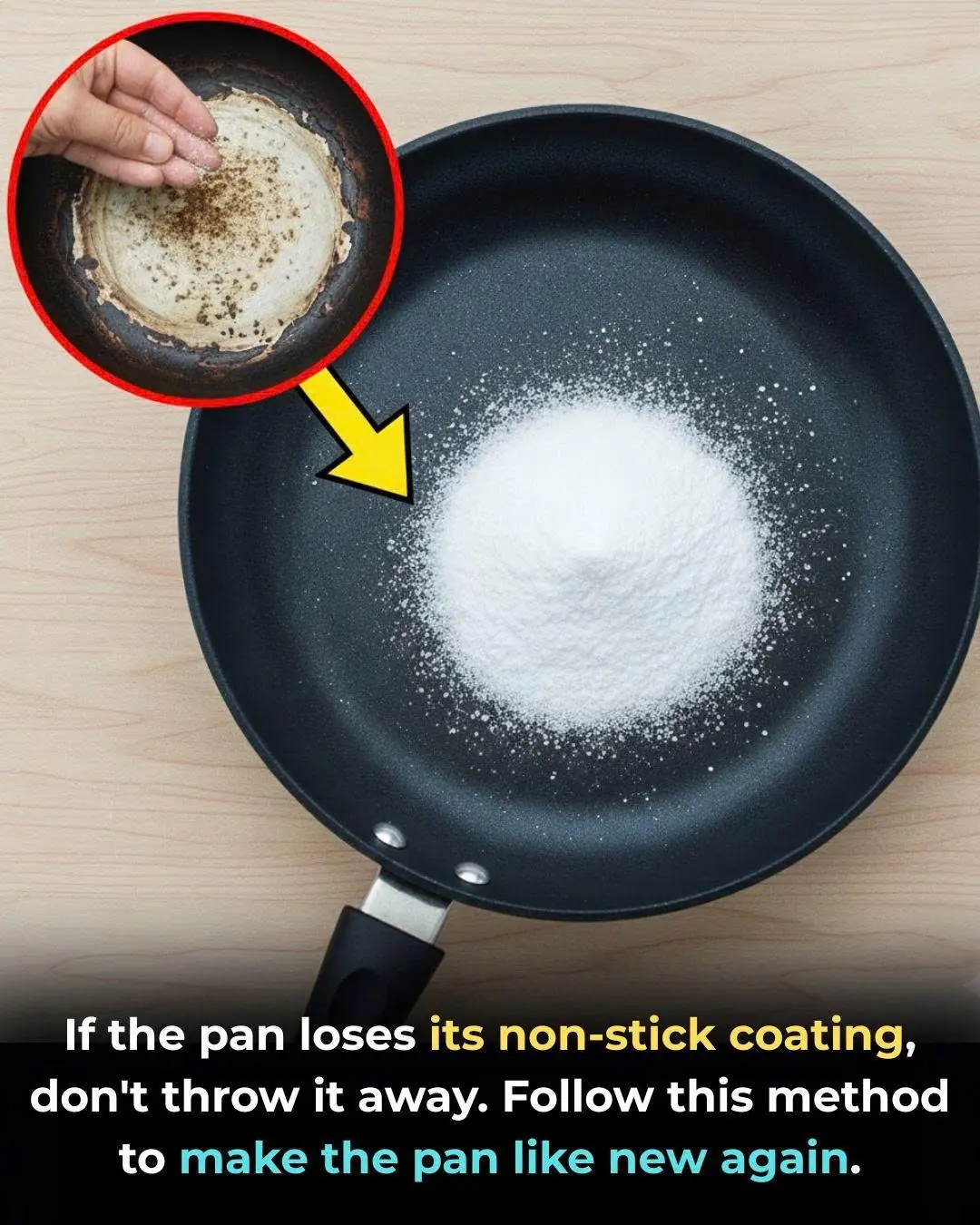
Your Non-Stick Pan Lost Its Coating? Don’t Throw It Away – Here’s How to Use It Like New

How to Choose the Best Apples: The Crispest, Sweetest, and Most Nutritious Ones (Updated for Nov 11, 2024)

When a married woman is obsessed with another man, she does 9 things.

The Mystery of the Blue Stop Sign
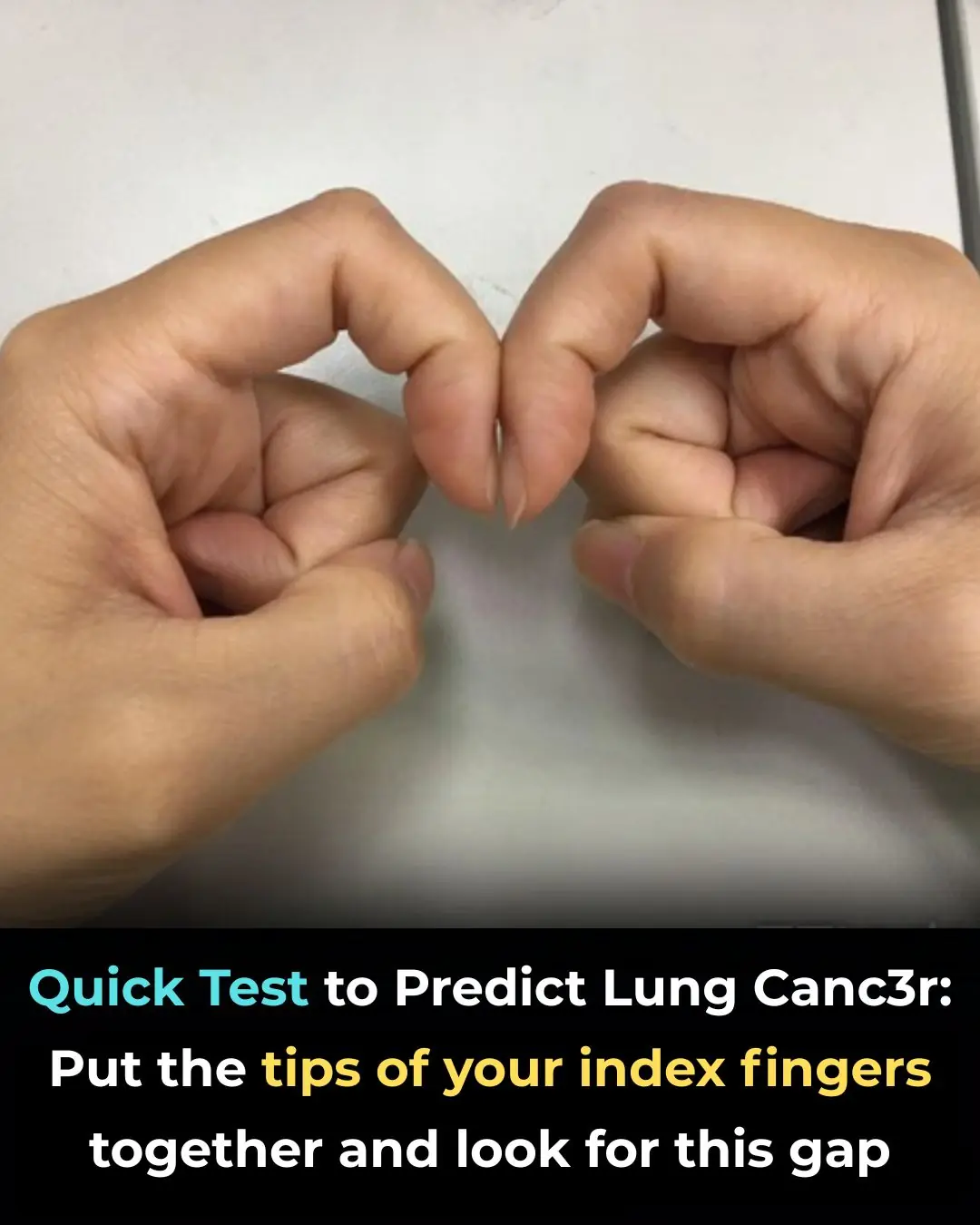
The Simple “Finger Test”

Why Placing Borax on Wax Paper Under Your Fridge Works: A Full Guide

Lavender Oil and Baking Soda: A Natural DIY Air Freshener Backed by Science (Full SEO Article)
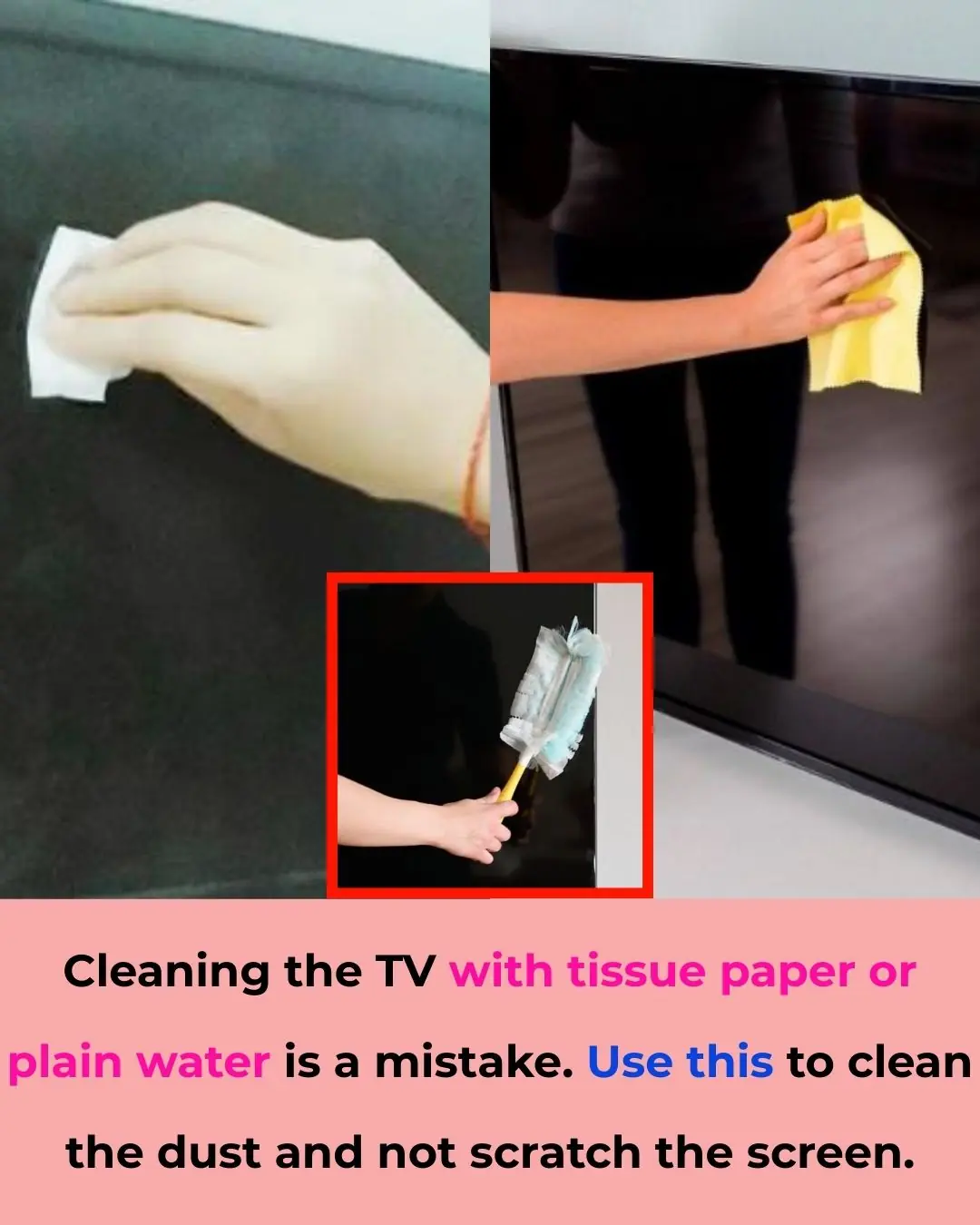
Cleaning the TV with tissue paper or plain water is a mistake. Use this to clean the dust and not scratch the screen

Bananas can't be eaten in time when bought. Do this so they won't be dark or overripe all week

Kettles Build Up Mineral Deposits Over Time — Add This One Ingredient, Boil Once, and It Becomes Spotless Without Scrubbing
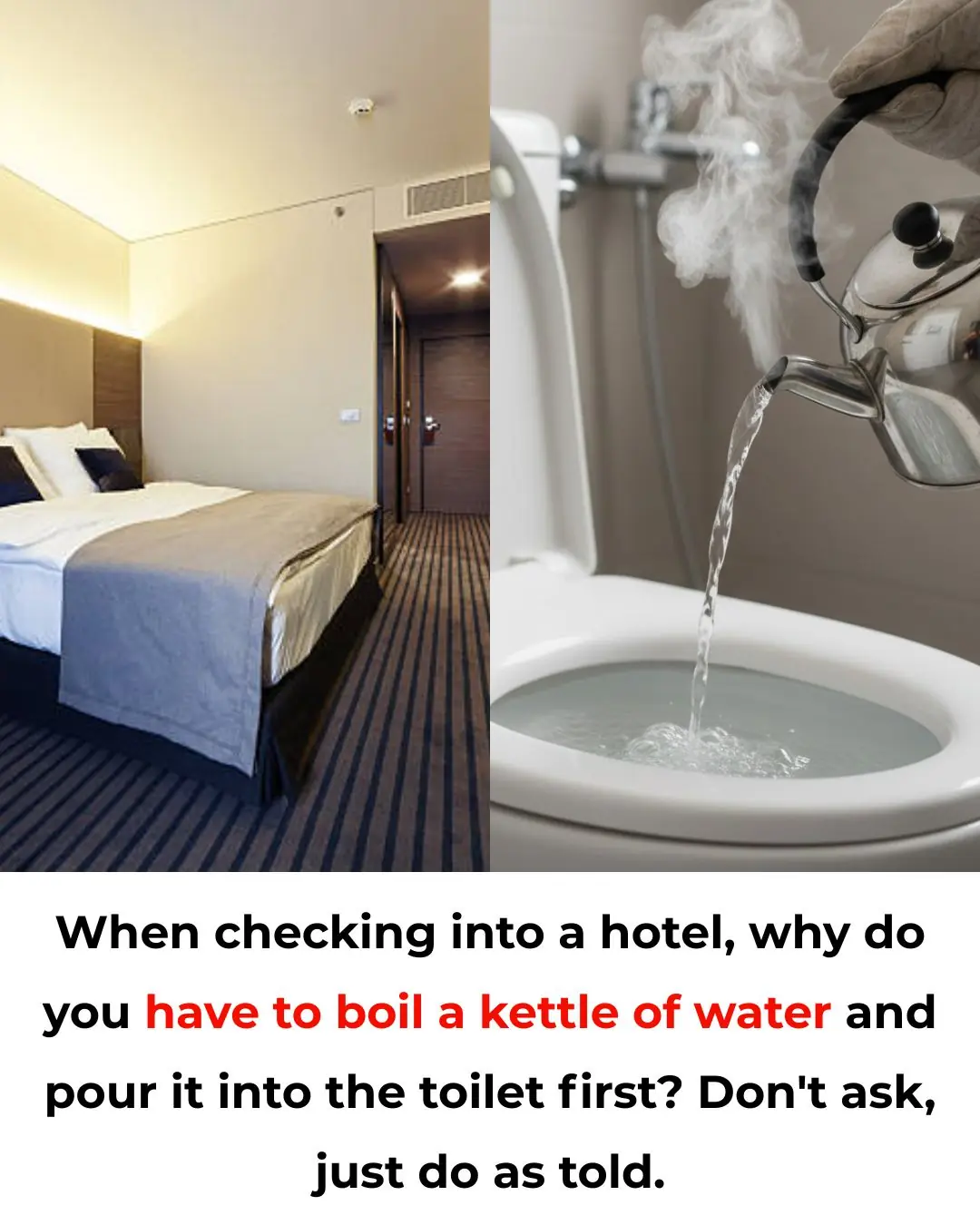
Why Should You Pour a Kettle of Boiling Water Into the Hotel Toilet Right After Checking In? Here’s the Reason You Shouldn’t Ignore

After boiling the chicken, do this one more step before removing it to a plate. The chicken will be crispy, firm, and not broken when cut.

The sink is clogged, just follow this tip, no need to call a plumber

Don't put fresh chili in the refrigerator right away after buying it. How to keep it from spoiling for half a year?

A dull knife can't cut anything, but this one is sharp and shiny like new.

Putting eggs in the refrigerator door is a classic mistake that causes eggs to spoil quickly and lose all nutrients.
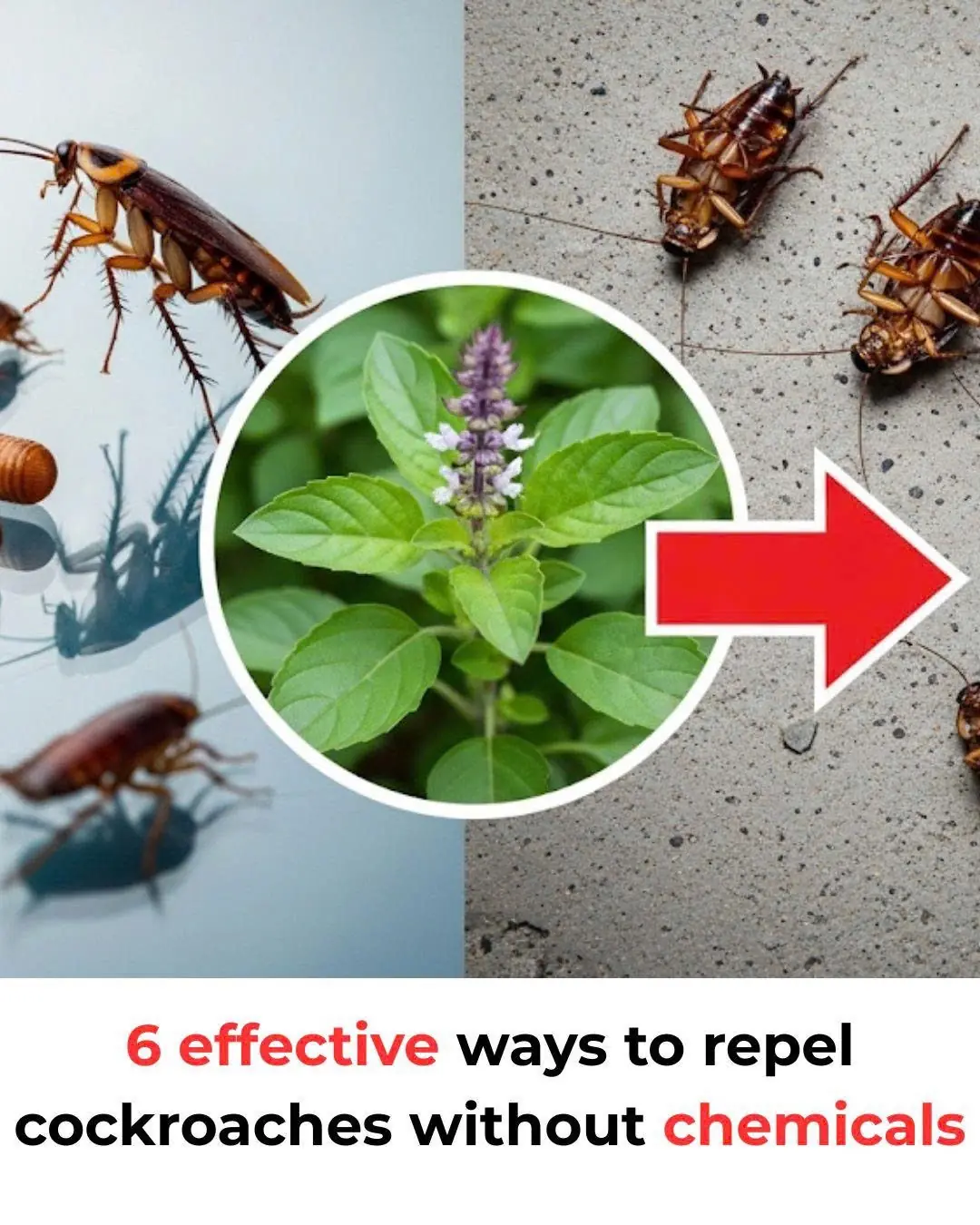
6 effective ways to repel cockroaches without chemicals
News Post

What if you ate 4 eggs a day with the yolks for 30 days?

You’ve Been Taking The Wrong Type of Magnesium All This Time

This Salt, Pepper and Lemon “Miracle-Mix” Can Help Solve 9 Problems
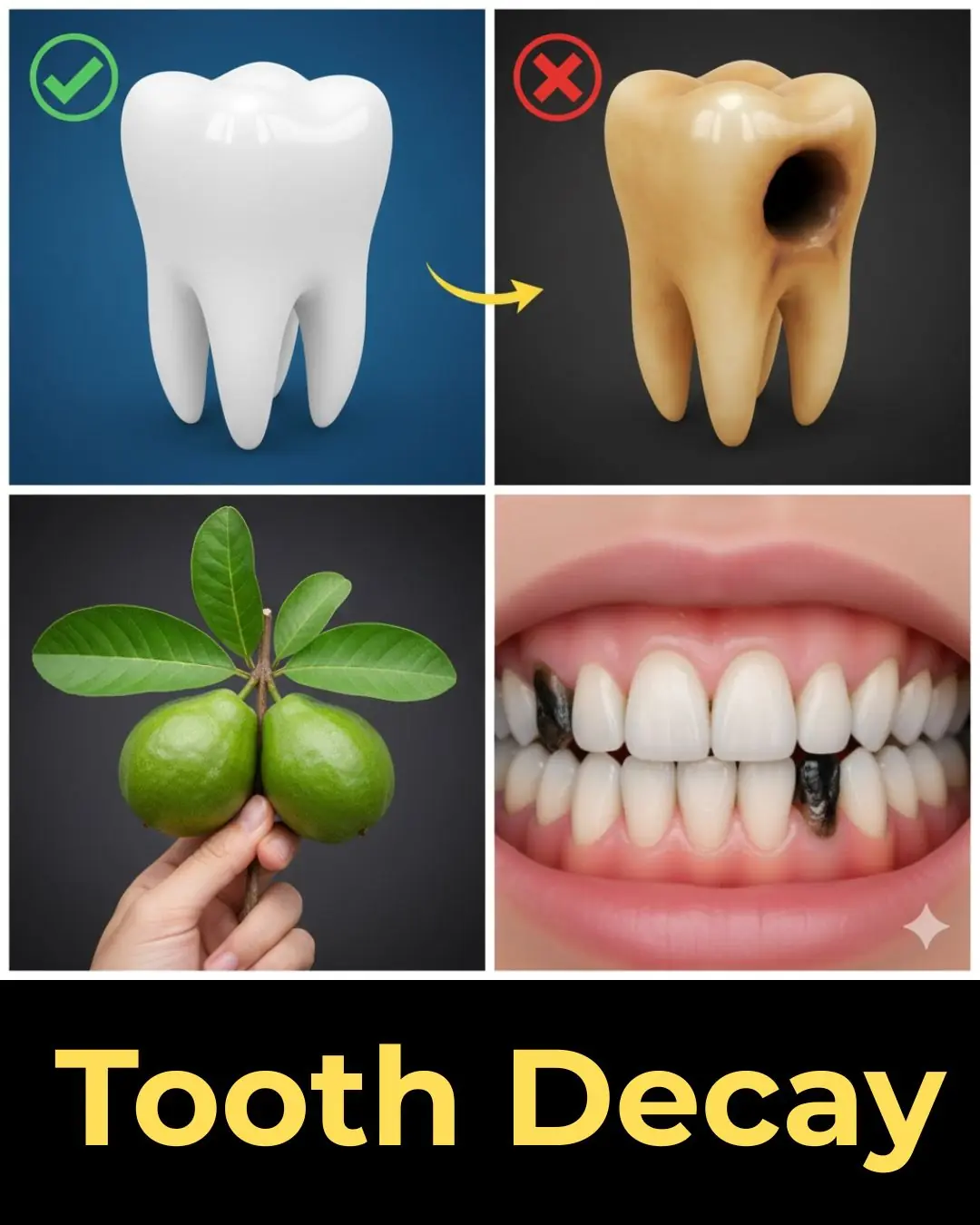
Tooth Decay Repair with Natural Remedies: Can Guava Leaves Help?
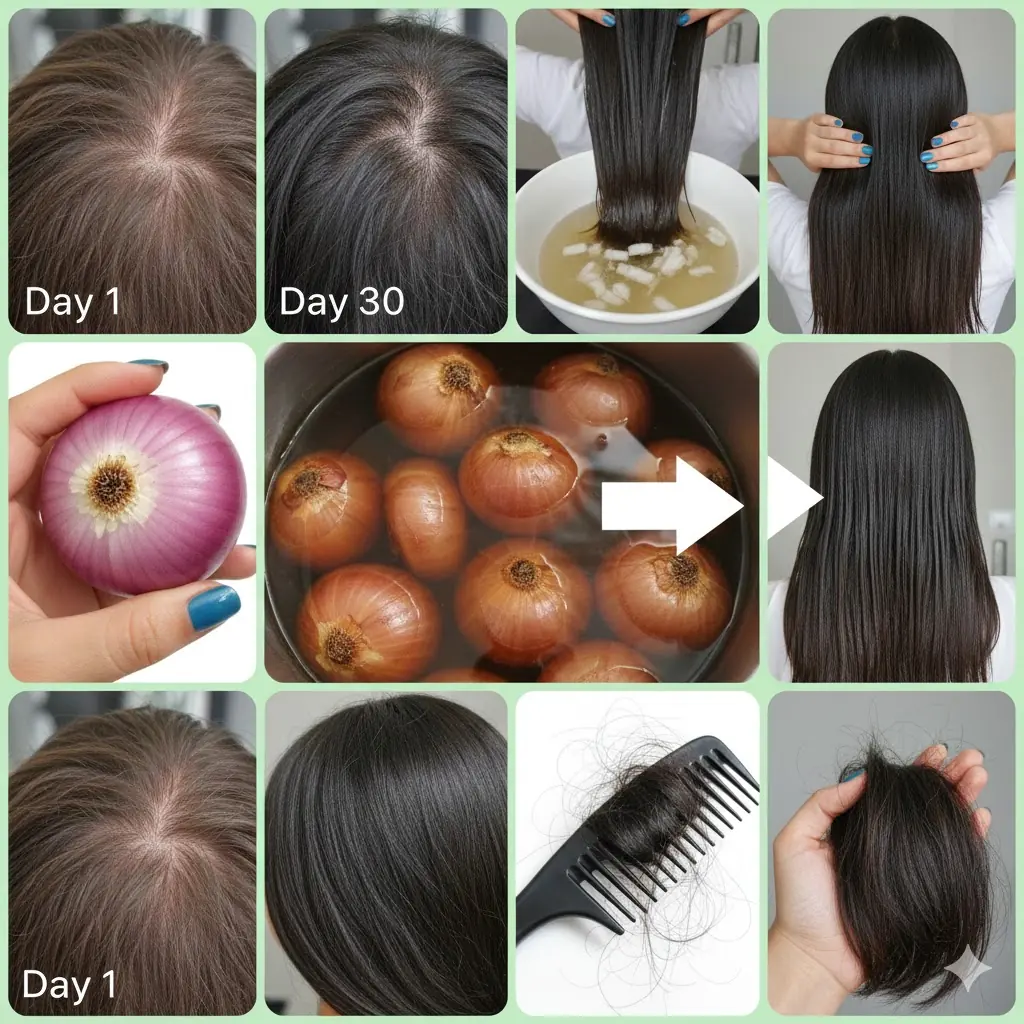
Onion Oil for Hair: The Smelly Secret to Long, Lush Locks
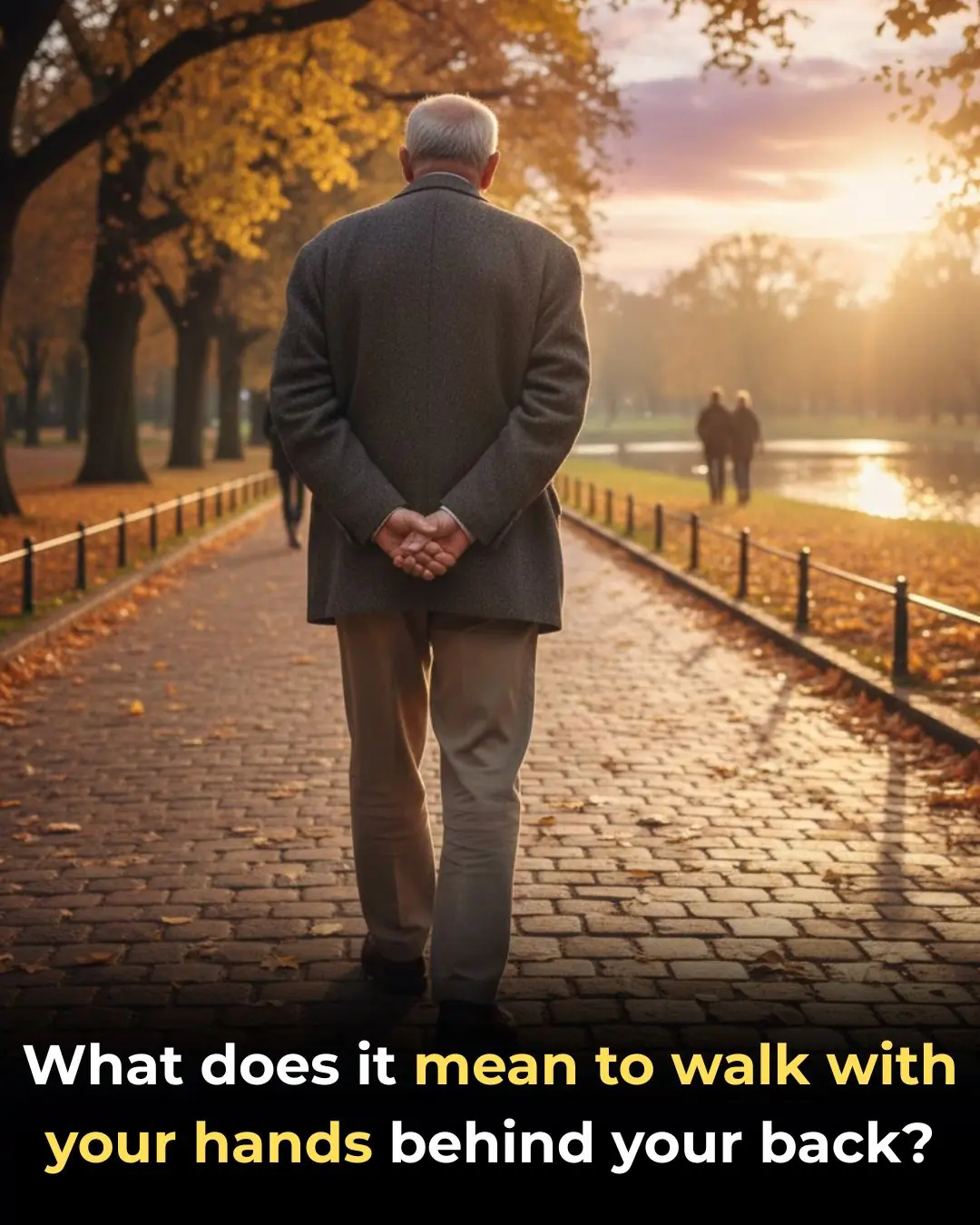
What does it mean to walk with your hands behind your back?

The Hidden Power of Mango Seed

The simple circulation secret that can reduce varicose veins naturally

Doctors Reveal What Really Happens When You Eat Avocado Every Day

Home Alone During a Heart Attack …5 Critical Steps That Could Save Your Life

Rice Baby Oil Collagen Cream For Wrinkle Free Glowing Skin

When Buying Shrimp: Should You Choose Straight or Curved Ones? The Difference Is Huge but Few People Know

Tiny Wings, Mighty Legacy: How Bees Create Honey and Sustain Life on Earth

Don’t Throw Away Overripe Bananas – The Black-Spotted Ones Are a Nutritional Treasure

Hawaii Is Releasing Mosquitoes From Drones — And It Could Help Save Species From Extinction

Your Non-Stick Pan Lost Its Coating? Don’t Throw It Away – Here’s How to Use It Like New

Superfetation: The Rare Phenomenon of Becoming Pregnant While Already Pregnant

How to Choose the Best Apples: The Crispest, Sweetest, and Most Nutritious Ones (Updated for Nov 11, 2024)

When a married woman is obsessed with another man, she does 9 things.
